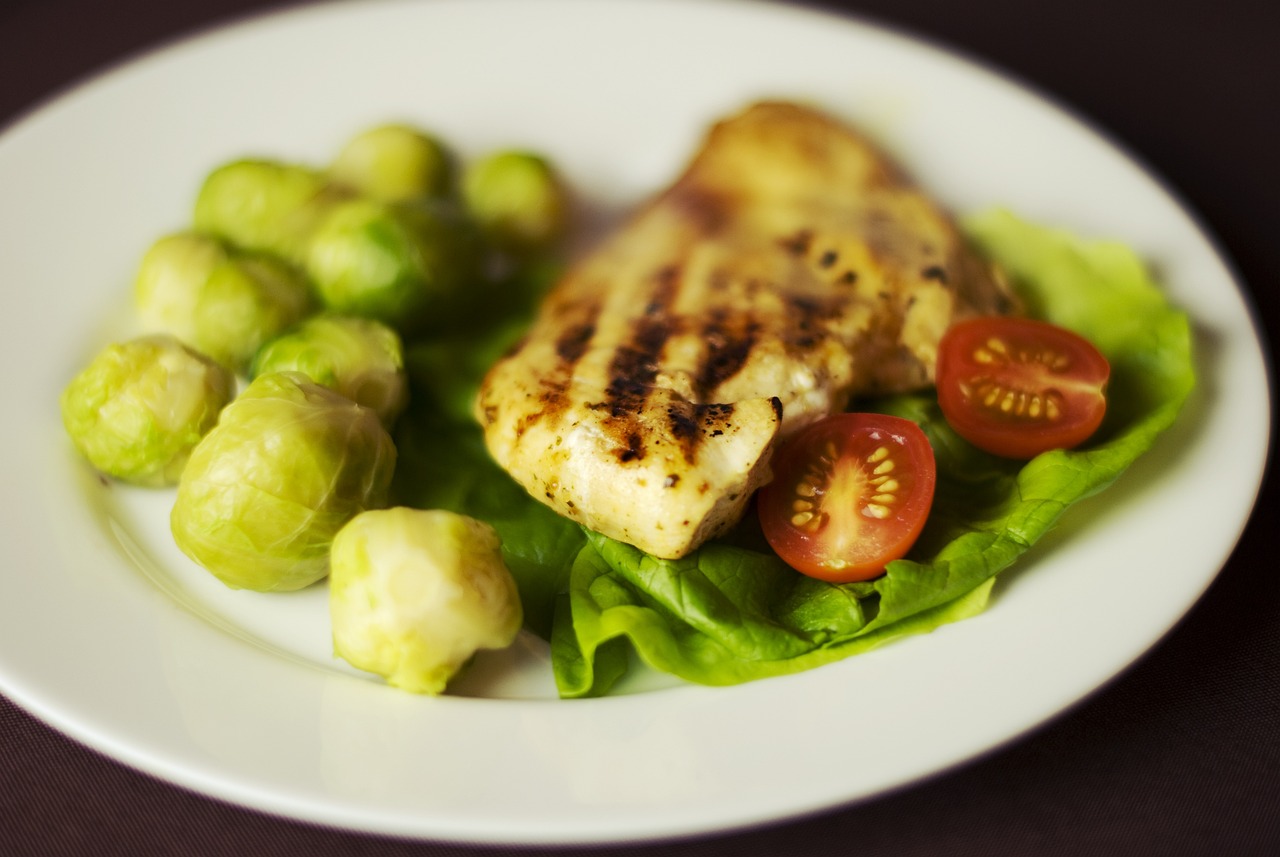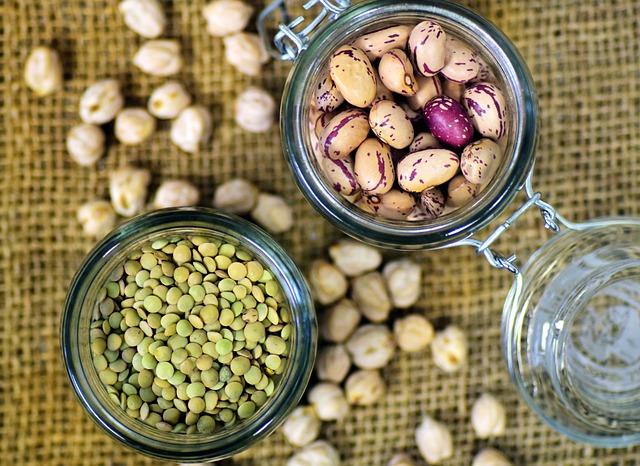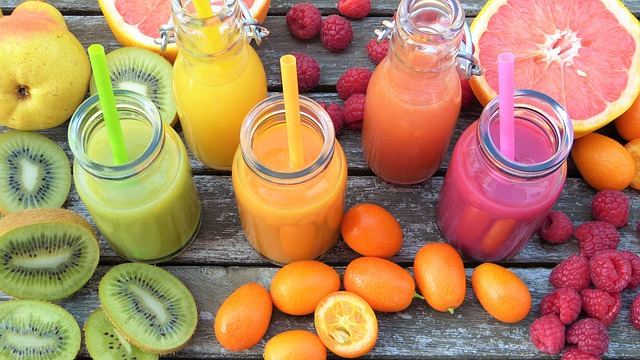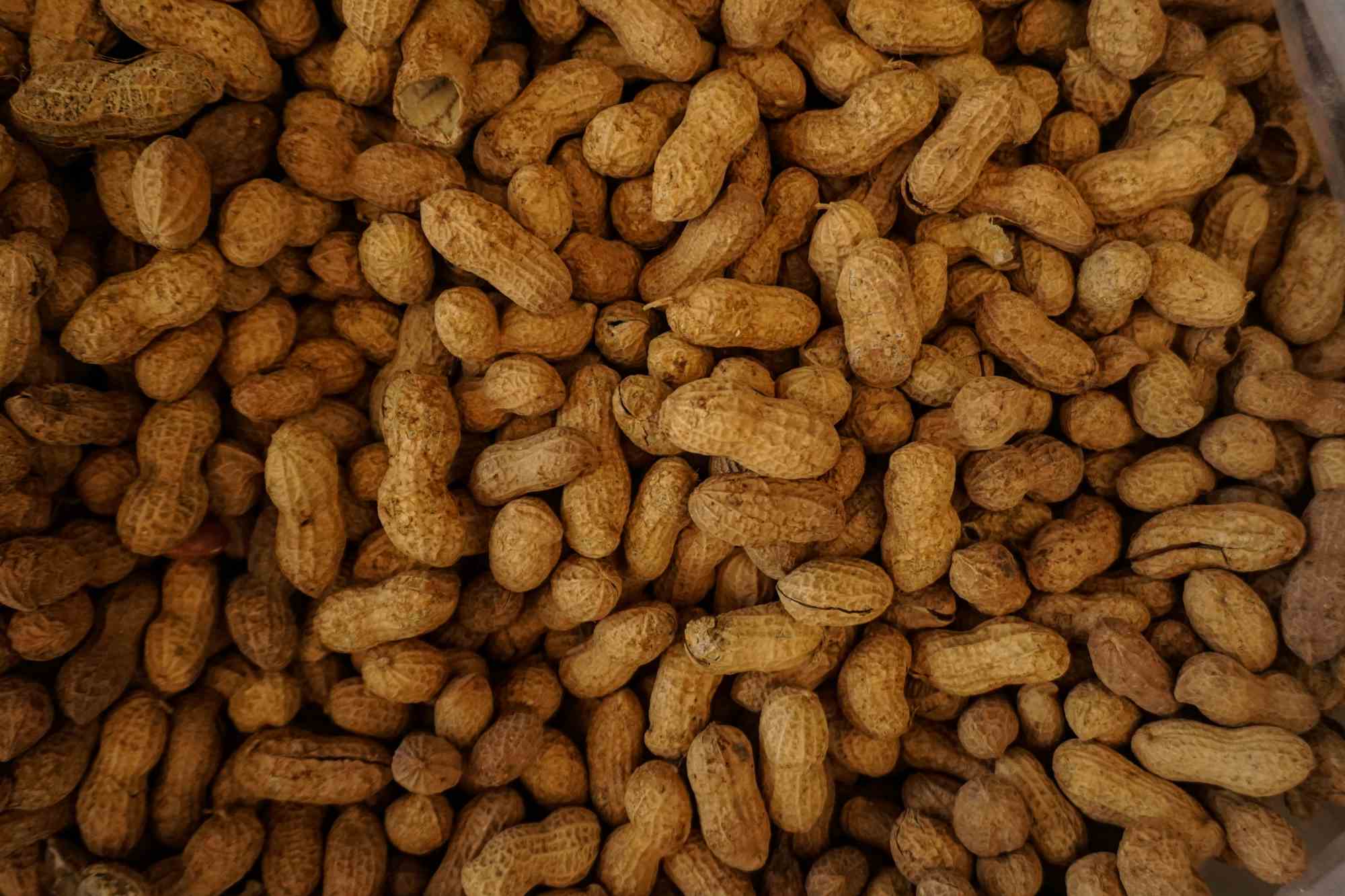
Unintentional weight loss can be distressing, often signaling that something is amiss in the body. While it’s natural to lose a little weight due to changes in routine or temporary illness, significant and unexplained weight loss can have serious implications for your health. If you’re struggling with involuntary weight loss, it’s crucial to understand the potential causes, recognize when to seek professional help, and implement healthy strategies to regain weight in a balanced and sustainable manner.
In this article, we will discuss the common reasons for unintentional weight loss, share healthy methods to gain weight, provide tips on how to consume more calories without overeating, and offer delicious, high-calorie recipes that support weight gain.
Why Does Unintentional Weight Loss Occur?
Unintentional weight loss refers to a decrease in body weight without actively trying to lose it. It can occur for many reasons, and understanding these causes can help identify the best approach to address the issue.
Medical Conditions
A variety of health conditions can cause unexplained weight loss, some of which may require medical attention:
Hyperthyroidism:
When the thyroid gland overproduces thyroid hormones, metabolism speeds up, causing weight loss.
Digestive Disorders:
Chronic conditions such as Crohn’s disease, celiac disease, or irritable bowel syndrome (IBS) can interfere with nutrient absorption, leading to weight loss.
Cancer:
Many types of cancer, particularly those that affect the gastrointestinal system, may result in significant weight loss.
Diabetes:
If diabetes is poorly managed, the body may begin to break down muscle and fat for energy, leading to unintentional weight loss.
Malabsorption Disorders:
Conditions like pancreatic insufficiency or gut dysbiosis, where the body cannot absorb nutrients properly, may result in weight loss.
Mental Health Conditions
Depression
A common symptom of depression is a reduced appetite, which can lead to involuntary weight loss.
Anxiety and Stress
High levels of stress and anxiety can lead to loss of appetite, digestive disturbances, and ultimately, weight loss.
Eating Disorders
Disorders like anorexia or bulimia, while often associated with intentional weight loss, can also cause severe unintentional weight loss if not properly managed.
Lifestyle and Dietary Habits
Inadequate Caloric Intake
Busy lifestyles, poor eating habits, or a restricted diet can all lead to insufficient calorie consumption.
Intense Physical Activity
Those who engage in strenuous exercise without compensating with additional food intake may experience weight loss.
Poor Appetite
Age, medications, or stress can reduce appetite, making it challenging to maintain a healthy weight.

How to Gain Weight in a Healthy Way
If you’re struggling with unintentional weight loss, regaining weight in a safe and effective manner is essential. While it might seem easy to consume any calorie-dense food, the goal should be to focus on gaining lean mass, not just fat. Below are strategies for healthy weight gain:
Increase Caloric Intake Gradually
To gain weight in a healthy way, aim for a caloric surplus—consume more calories than you burn. A safe and gradual increase of around 300–500 calories per day is recommended for steady weight gain. Focus on nutrient-dense foods that provide vitamins, minerals, and fiber in addition to calories.
Eat More Frequently
If large meals are overwhelming, try increasing the number of meals throughout the day. Eating 5–6 smaller meals or snacks can help you meet your calorie goals without feeling overly full.
Prioritize Protein-Rich Foods
Protein is essential for building muscle mass. Aim for lean protein sources that also offer other essential nutrients. Some plant-based options include:
Legumes:
Lentils, chickpeas, and beans are rich in protein and fiber.
Tofu and Tempeh:
Both are great sources of protein, ideal for plant-based diets.
Whole Grains:
Quinoa, farro, and barley not only provide protein but also support digestive health.
Focus on Healthy Fats
Healthy fats are calorie-dense, meaning they provide a lot of energy in small portions. Consider adding more healthy fats to your meals:
Avocados:
Rich in monounsaturated fats and fiber.
Nuts and Nut Butters:
Almonds, cashews, peanut butter, and almond butter are excellent calorie-dense snacks.
Olive Oil and Coconut Oil:
Both are great additions to salads, soups, and roasted vegetables.
Incorporate Complex Carbohydrates
Complex carbs help maintain energy levels and are excellent for weight gain. Examples include:
Sweet Potatoes:
Rich in vitamins, minerals, and fiber, sweet potatoes are a healthy carbohydrate choice.
Brown Rice and Quinoa:
Whole grains provide slow-burning energy and more nutrients than refined grains.
Add Healthy Toppings
Boost the calorie content of your meals with calorie-dense toppings:
Nut Butters:
Add almond butter or peanut butter to toast, smoothies, and oatmeal.
Chia Seeds and Ground Flaxseed:
These provide extra calories and are packed with omega-3 fatty acids and fiber.
Olive Oil:
Drizzle over roasted veggies or grains for a calorie boost.

How to Consume More Calories Without Overeating
Sometimes the challenge is not a lack of food but the difficulty in eating larger portions. Here are a few tips to increase your calorie intake without overstuffing yourself:
Drink High-Calorie Beverages
Smoothies and shakes are a great way to pack in more calories without feeling too full. Consider blending:
Plant-Based Protein:
Add protein powder to smoothies.
Healthy Fats:
Incorporate avocado, nut butters, or chia seeds into your drinks.
Fruits and Vegetables:
Bananas, berries, and spinach can provide essential nutrients alongside added calories.
Snacking Frequently
Snack on calorie-dense, nutritious options like:
Trail Mix:
A mix of nuts, seeds, and dried fruit is a portable and calorie-rich snack.
Energy Bars:
Make your own or buy ones that are high in healthy fats and proteins.
Roasted Chickpeas:
A crunchy, fiber-rich snack that’s also calorie-dense.
Make Your Meals More Calorie-Dense
Enhance your meals by adding extra calories without increasing portion size:
Stir in Olive Oil:
Add an extra tablespoon of olive oil to soups, stews, or stir-fries.
Top with Seeds:
Add pumpkin seeds, sunflower seeds, or hemp seeds to salads or soups for an additional nutrient boost.

Conclusion
Unintentional weight loss can be a sign of an underlying health issue, but it’s possible to regain weight healthily by focusing on nutrient-dense, calorie-rich foods. By increasing your calorie intake, prioritizing protein and healthy fats, and incorporating regular meals and snacks, you can achieve your weight gain goals without compromising your health. Remember to combine these strategies with strength training and good rest to build lean muscle mass.
Subscribe to our newsletter, follow us on social media to let us know how you’re working towards a balanced life!
Oral Health: Causes, Prevention, and the Role of Nutrition
Oral health is often a neglected part of our...
Food Allergies: Causes, Symptoms, and Management
Food allergies and sensitivities are...
The Negative Impacts of Plastic Usage on Health and the Environment
Plastic has revolutionized modern life,...
The Impact of Social Media on Body Image: How It Affects Women’s Health
Social media has transformed how we connect,...
Why Women Need Nutrition Counseling Beyond Weight Loss
Women face unique challenges when it comes to...
The Benefits of Journaling for Mental Health
Journaling has gained recognition as a powerful...
Minimalism and Health: The Effects of a Minimalist Lifestyle on Mental and Physical Well-being
Living in a world where consumerism and constant...
Physical activity: Cardio, Strength Training, Yoga, and Pilates
Engagement in regular physical activity is...
Women’s Hormonal Balance: Nutrition, Lifestyle, and Key Strategies for Optimal Health
Introduction Women's hormonal balance is a...










